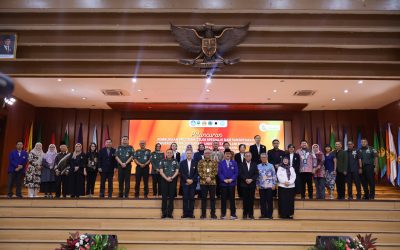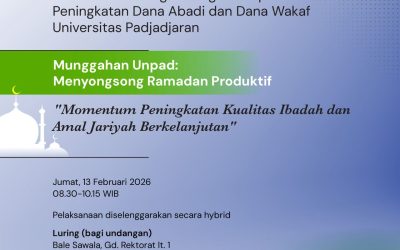In Bandung, researchers at Universitas Padjadjaran are uncovering the hidden genetic codes behind one of the deadliest cancers in the world: colorectal cancer (CRC). Globally, CRC accounts for nearly two million new cases and close to a million deaths each year. In Indonesia, it is the fourth most common cancer—but with unique patterns that distinguish local patients from those abroad.
A research team led by Dr. Reno Rudiman and colleagues from the Faculty of Medicine at Universitas Padjadjaran and Dr. Hasan Sadikin General Hospital investigated whether KRAS gene mutations, often seen as cancer’s “engine switches,” were influencing Indonesian patients’ disease profiles. Analyzing 53 tumor samples from patients, the team used advanced DNA sequencing methods to search for genetic changes that could guide treatment.
The findings were striking: more than half (52.8%) of the patients carried KRAS mutations, with specific variants like p.Gly12Asp appearing most frequently. Surprisingly, the mutations were not linked to factors such as age, tumor stage, or family history. This indicates that KRAS is widespread across diverse patient groups in Indonesia, highlighting the urgent need for broader genetic testing as part of standard care.
For patients, this knowledge could mean a turning point. Detecting KRAS mutations early allows doctors to avoid ineffective treatments—like certain targeted drugs that fail in KRAS-positive cancers—and instead tailor more effective strategies. “Personalized treatment based on genetic profiling is no longer optional,” the researchers emphasized. “It’s the path toward saving lives and avoiding wasted resources.”
By mapping Indonesia’s cancer genetics, Universitas Padjadjaran is helping to accelerate progress toward SDG 3: Good Health and Well-Being. The work underscores Unpad’s leadership in precision medicine for Southeast Asia, boosting both local resilience and global recognition in the Times Higher Education Impact Rankings.





0 Comments